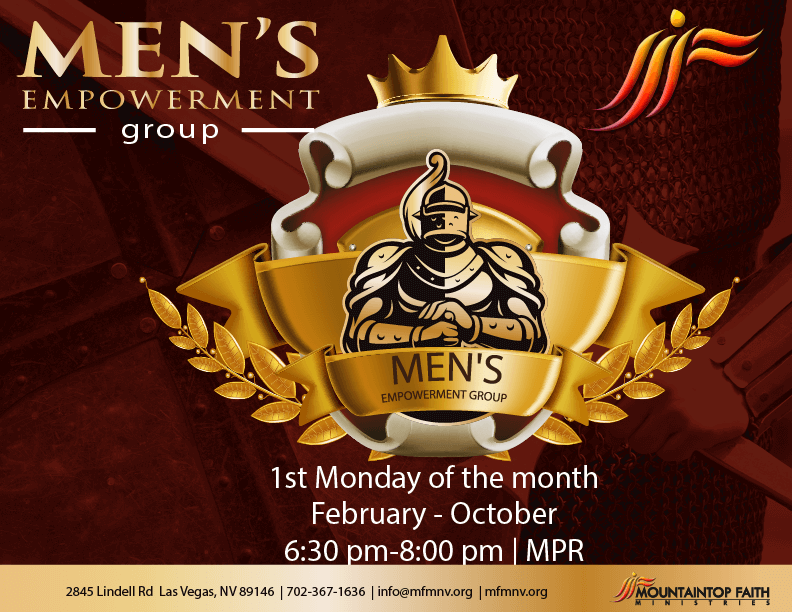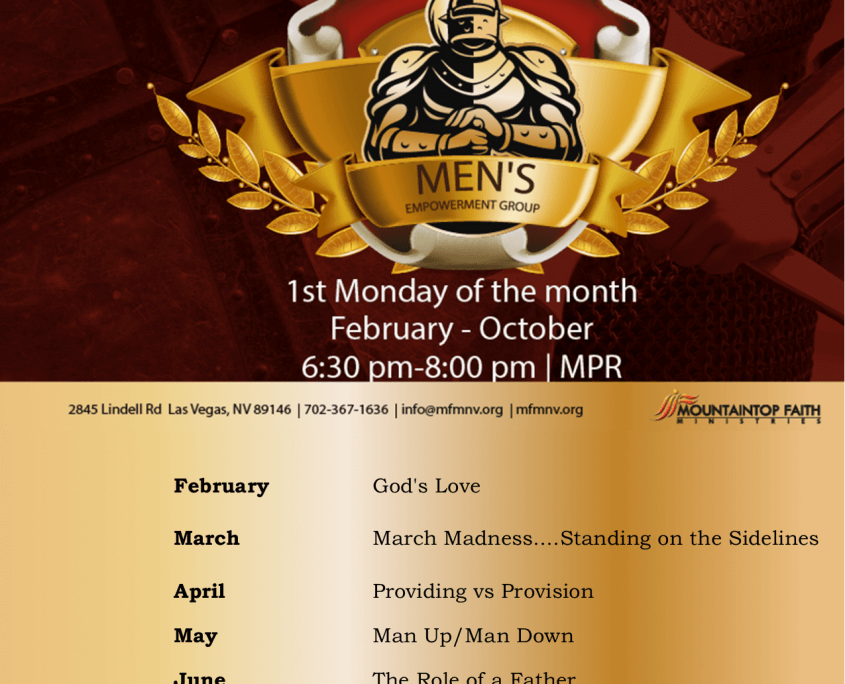In an effort to raise money, many states have adopted a clever, but legal, plan that tantalizes people to pay just a little amount of money for the chance to win a lot of money in return. In common cases, the winner of the prize money must produce a specific combination (which is usually a numbers combination) to claim the prize money. But if no one comes forward with the winning numbers, more and more people continue to invest with the hopes that they will be the winner and pot grows. Just recently, in California, the pot to be claimed reached over $1.6 billion (that’s with a “B”). Amazing isn’t it? With no effort, no work, and no skill, you can instantly become a billionaire!
People who are having money issues may see this as a chance for them to get back on their feet. I mean, they don’t have to win the whole lottery; just winning a small portion can be life-changing. Well, if you don’t know, buying lottery tickets is a terrible, terrible idea. It is so bad; I don’t think it can even qualify to be considered an investment. The ticket buyer has absolutely NO control over the outcome and the chances of winning are almost zero. It is an absolute waste and a sure guarantee to lose your money.
But, do you know what is even worse than losing money in the lottery; developing a mindset that causes one to chase after the “winning lottery ticket”. What do I mean? Well, in the case of the lottery, I’m speaking of a mindset that starts with desperate people thinking the right combination of numbers, will instantly make their money problems disappear like magic. They think the right combination will be the “quick fix” to all their money problems. It’s just a matter of finding the right combination. So they forgo good judgment and Godly stewardship principles in search of the quick-fix magic lottery ticket.
I’ve noticed, as people, we love the spontaneous and the sensational. It’s exhilarating! Think about it. In sports, the most exciting plays are the big plays that change the momentum of the game in a few seconds. In baseball, everyone loves the home run. The tide of a game can be changed with one swing of the bat. In football, it is the long run or deep pass for a touchdown. It gets everyone out of their seats. Well, the same goes for money situations. We are drawn the lure of the immediate; even us Christians. We Christians do the same thing except we tend to use more “holy” words. For example, instead of searching for a combination of inputs or numbers for a winning lottery ticket, we will try a different combination of prayers. But a fallacy is a fallacy, irrespective of the language in which it is spoken.
If we want the blessings of God, we have to be willing to do it God’s way. And His way is outlined in His Word. When it comes to honoring God we cannot rob Him of what is His (Mal. 3:6-10, Proverbs 3:9-10). When it comes to our debt, we should try to get out of debt ASAP (Proverbs 6:2-6), and plan carefully to avoid debt (Luke 14:28-30) because we become servants to our creditors (Proverbs 22:7). When it comes to managing our money, we have to pay our bills (Romans 13:7), save for that proverbial “rainy day” (Proverbs 21:20), and carefully plan our next money move (Proverbs 21:5). And when we are ready, when we have paid our debts, we can then invest (Ecclesiastes 11:2-4). It’s not enough to just tithe and expect God’s blessing to dwell over our finances; there is so much more to God’s financial plan for our lives than just tithing. If you want ALL His blessings, you have to follow ALL His instructions. And I can guess what some of you are thinking. You are saying to yourself, “It will take me years to get where I want to be financially. I don’t have time to do it that way!” Well, it may take you years. But when are you going to trust what God has outlined in His Word? His way is better than you praying for the magic lottery ticket. Your way isn’t working. Aren’t you tired of doing the same things and seeing no results (Deuteronomy 2:3)? If you want to see a change, you have to change. It may take time. But you need that time. Why? Because the financial character you need to manage the wealth God has for you is forged in time. Time is expensive, so the process is not cheap. But nothing of any real value is cheap. It will cost you more time and probably some frustration as you break some bad money habits, but it’s worth it. Take God at His Word and do it His way. Your blessings are on the other side of your obedience. God Bless.





 days of the week.
days of the week.














